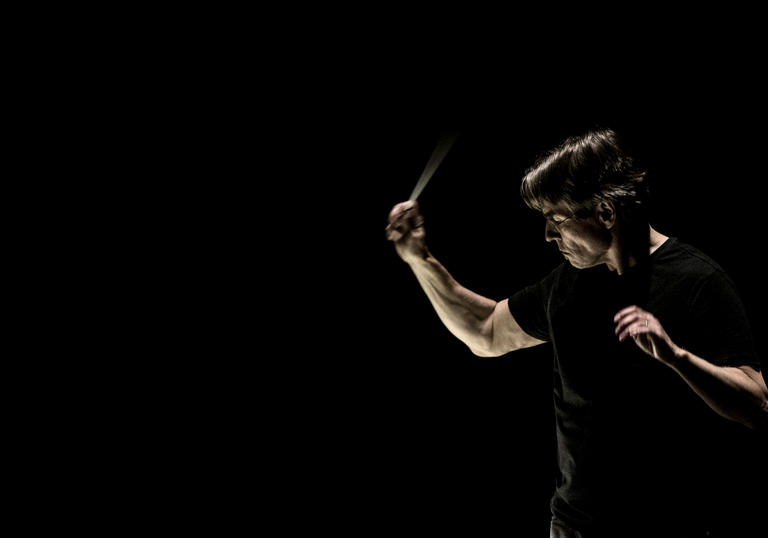As the subject of our 2017–18 Composer Focus, Esa-Pekka’s music was at the core of our programme celebrating 100 years of Finnish independence.
Ahead of his concerts, we put the focus on him to find out more about his career to date.
Why has Finland produced so many extraordinary musicians?
‘I wish I knew! I think it has to do with the history of the country, the legacy of Sibelius, also the education system. I don’t think the Finns are genetically any more suited to composing than any other nation. But I grew up in an atmosphere where it was absolutely OK to be a composer – unlike in many other places where it’s seen as the weirdest of things; this elitist esoteric activity that benefits no-one.’
Your BBC Symphony Orchestra Total Immersion day features music by Einojuhani Rautavaara. What’s his significance to you?
‘He was my first composition teacher: I went to him when I was still in school. And at the time I was often frustrated because he was never a rabid modernist and I, like most teenagers on the planet, wanted to destroy everything and establish my own order. It didn’t quite pan out that way! As the years went by, the things Rautavaara told me that I didn’t understand at the time became more and more important to me. He was trying to help me to be myself, and not to worry about fashion.’

